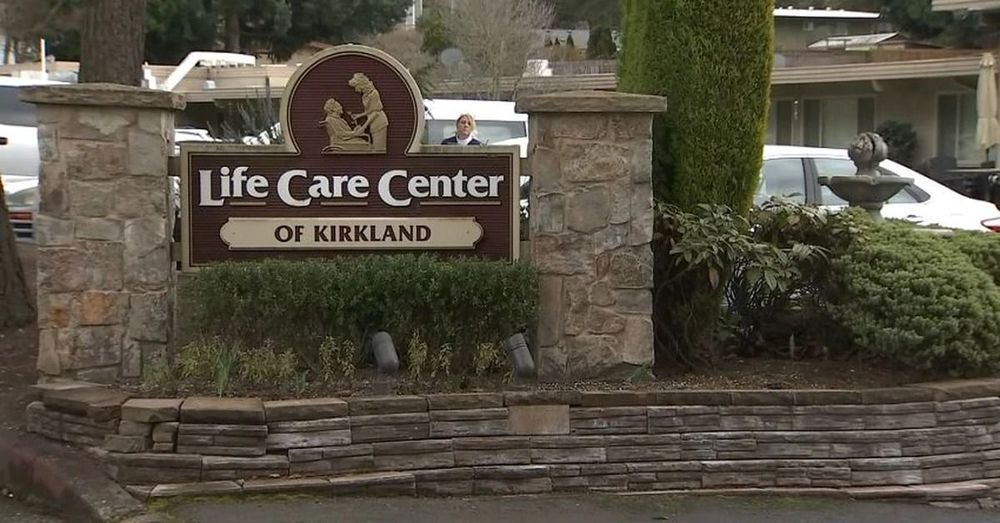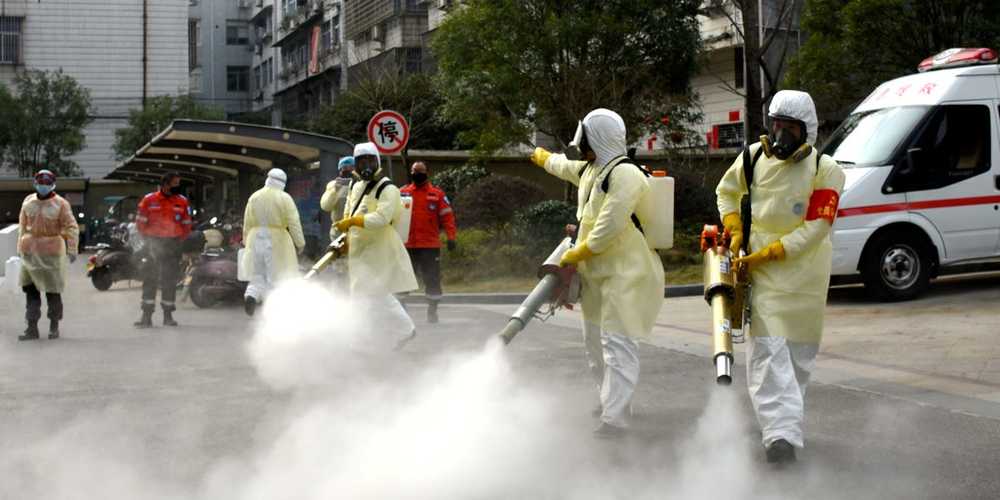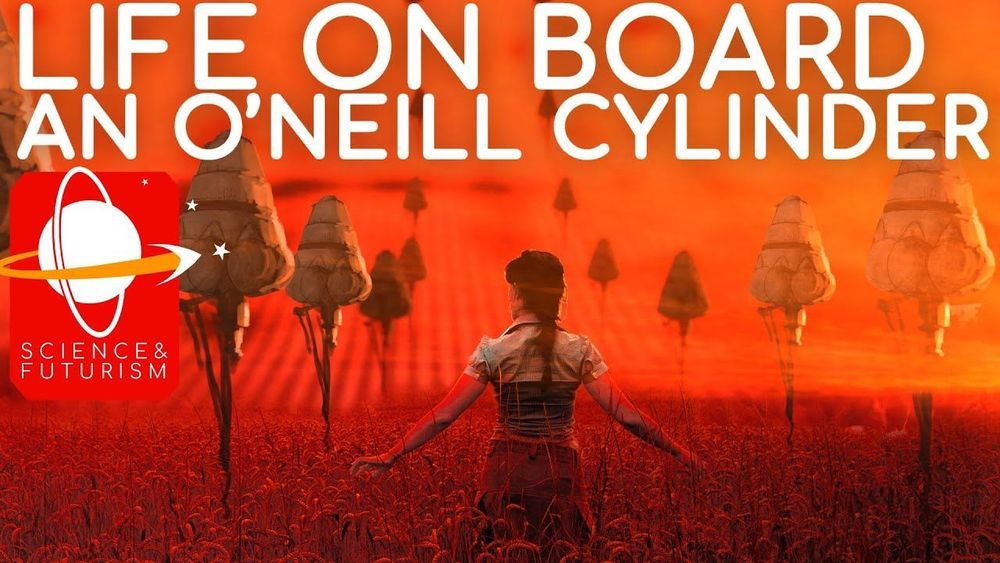
If planes were as reliable as in-flight Wi-Fi, we’d never get on a flight again. Fortunately, industry group Seamless Air Alliance is working to change that. The group operates under the mission of bringing “industries and technologies together to make the in-flight internet experience simple to access and delightful to use.” Its idea? To get rid of the toxic brew of current proprietary systems operated by each airline and instead establish a standard for in-flight Wi-Fi that can be flexibly swapped in and out to better allow airlines to respond as technology improves.
“The goal of the Alliance is to deliver high-speed, low-latency 5G quality access inside the plane,” the FAQ section of the group’s website states. “Access to the network will be seamless, meaning any enabled user device will work without any login, sign-on or other activities. The internet experience itself will be as good as, and in many cases better than, the home experience, including low latency, high speed, and a gate-to-gate continuity of service.”
An article for IEEE Spectrum notes that “a plane’s antennas are currently stored in a relatively small hump on the top of the craft, typically about 45 centimeters high. Even though it’s so small, that hump causes tremendous amounts of wasted jet fuel, [Seamless Air Alliance CEO Jack] Mandala says, causing an estimated minimum of an extra $75,000 per aircraft per year in fuel costs.”

















